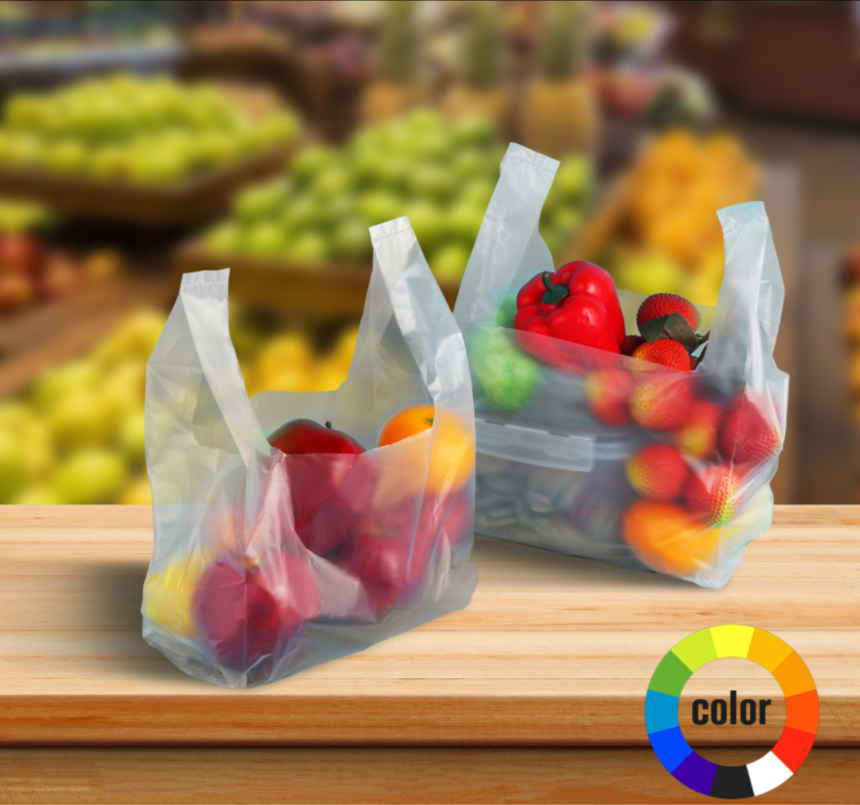Eco-Friendly Clear Bags for Sustainable Waste Management and Responsible Disposal Solutions
The Rise of Compostable Transparent Bags A Sustainable Solution
As the world increasingly turns to sustainable practices to combat environmental issues, the demand for eco-friendly packaging alternatives has surged. Among these alternatives are compostable transparent bags, which are gaining popularity in various industries for their environmental benefits and practicality.
What are Compostable Transparent Bags?
Compostable transparent bags are made from renewable resources such as cornstarch, polylactic acid (PLA), or other biodegradable materials. Unlike traditional plastic bags, which can take hundreds of years to decompose, compostable bags are designed to break down into organic matter within a short period when exposed to the right composting conditions. This means they can return to the earth without releasing harmful toxins, making them a sustainable choice for consumers and businesses alike.
Environmental Benefits
One of the primary advantages of compostable transparent bags is their reduced environmental impact. Traditional plastics contribute significantly to pollution and greenhouse gas emissions. In contrast, compostable bags can decompose within 90 to 180 days under industrial composting conditions, significantly reducing their carbon footprint. Furthermore, they do not accumulate in landfills or oceans, where they can harm wildlife and disrupt ecosystems.
Using compostable bags also promotes a circular economy. When these bags decompose, they enrich the soil, providing vital nutrients for plants. This process supports sustainable agriculture and gardening practices, helping to create a healthier environment. Additionally, consumers who opt for compostable options often find satisfaction in making environmentally conscious choices, which can enhance brand loyalty and community support for businesses that prioritize sustainability.
Versatility and Practical Applications
compostable transparent bags

Compostable transparent bags are versatile and can be used for various purposes, including food packaging, retail shopping bags, and waste collection. In grocery stores, for example, these bags can be used to package fruits and vegetables, allowing consumers to transport their purchases without relying on traditional plastic bags. This capability encourages customers to make more sustainable choices in their shopping habits.
Additionally, restaurants and food delivery services are increasingly adopting compostable bags for takeout orders. This move not only helps minimize their environmental footprint but also appeals to eco-conscious consumers. By showcasing their commitment to sustainability, these businesses can differentiate themselves in a competitive market.
Challenges and Considerations
Despite their benefits, the adoption of compostable transparent bags is not without challenges. One of the primary hurdles is the lack of proper composting facilities. While many cities are starting to adopt composting programs, not all areas have the infrastructure necessary to handle compostable materials. As a result, consumers may inadvertently dispose of these bags in regular trash bins, negating their environmental benefits.
Additionally, proper labeling and education are essential to ensure that consumers understand how to dispose of compostable bags correctly. Without clear guidelines, there is a risk that these bags may end up in landfills, where they will not break down as intended.
Conclusion
Compostable transparent bags represent a promising step towards more sustainable packaging solutions. With their ability to decompose and contribute positively to the environment, they offer numerous benefits for consumers and businesses alike. As awareness and infrastructure for composting continue to grow, it is crucial for individuals and organizations to embrace these eco-friendly alternatives. By doing so, we can collectively work towards a cleaner, greener planet for future generations.
-
The Best Uses for Small Trash Bags in Daily LifeNewsJul.01,2025
-
Stylish Reusable Grocery Bags TrendsNewsJul.01,2025
-
Shipping Advantages of Using Bubble Envelopes BulkNewsJul.01,2025
-
How Compostable Mailing Bags Reduce Environmental ImpactNewsJul.01,2025
-
Environmentally - Friendly Bulk Poly MailersNewsJul.01,2025
-
Eco Friendly Custom Laminated Tote BagsNewsJul.01,2025
-
Have the freedom of customizing your custom mailers any way you want! Our dedicated packaging support will help deliver you the mailing experience you need to elevate your shipping experience to the next level! Start making a strong impression on your customers and stand out from your competitors! -
LIYA uses high quality raw materials which directly purchased from large enterprises domestic and overseas such as PetroChina, Sinopec, Sabic, Equate, ExxonMobil, Dow Chemical, Total, and Borouge, ensuring the price advantage and quality of the raw materials. -
LIYA uses high quality raw materials which directly purchased from large enterprises domestic and overseas such as PetroChina, Sinopec, Sabic, Equate, ExxonMobil, Dow Chemical, Total, and Borouge, ensuring the price advantage and quality of the raw materials.





